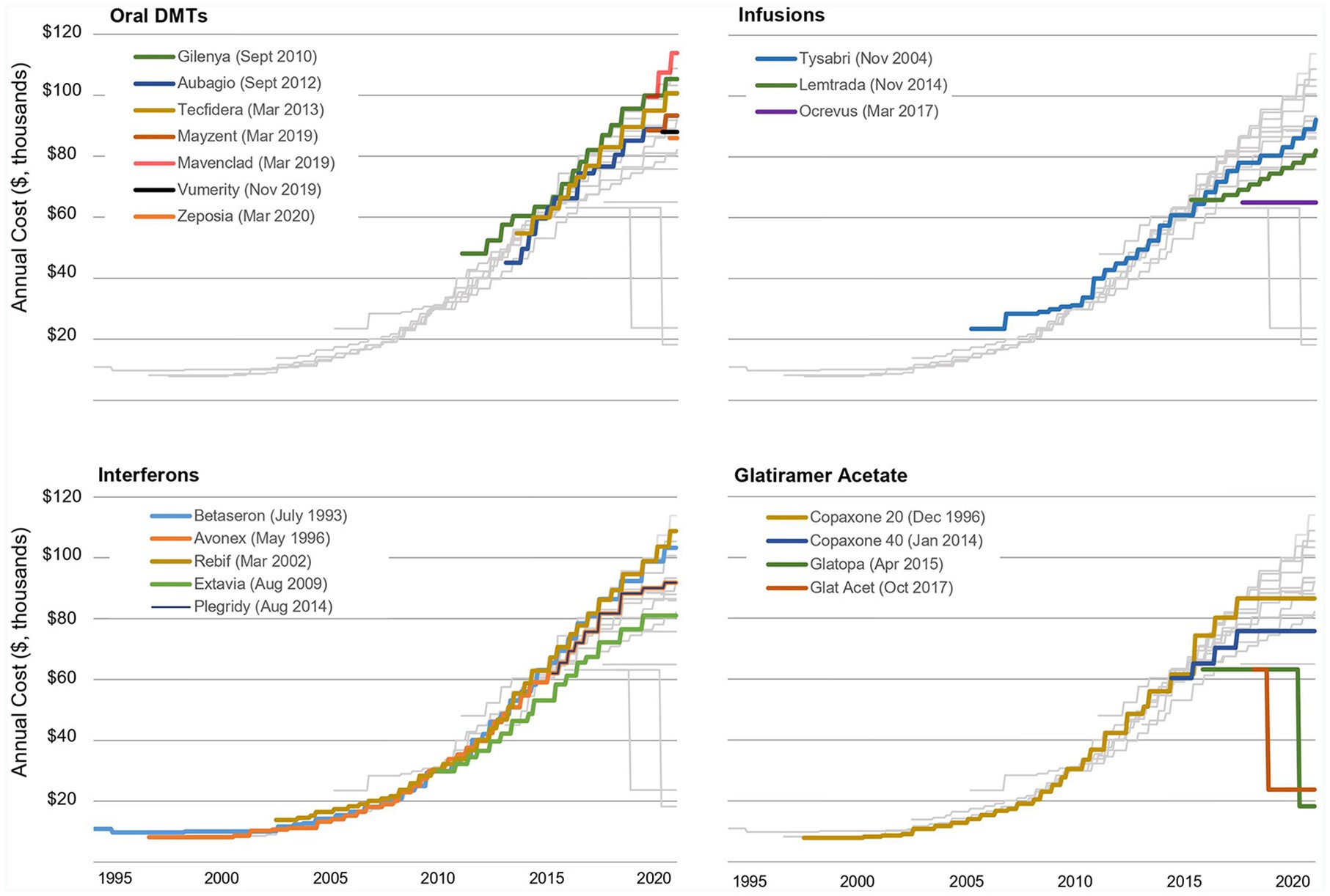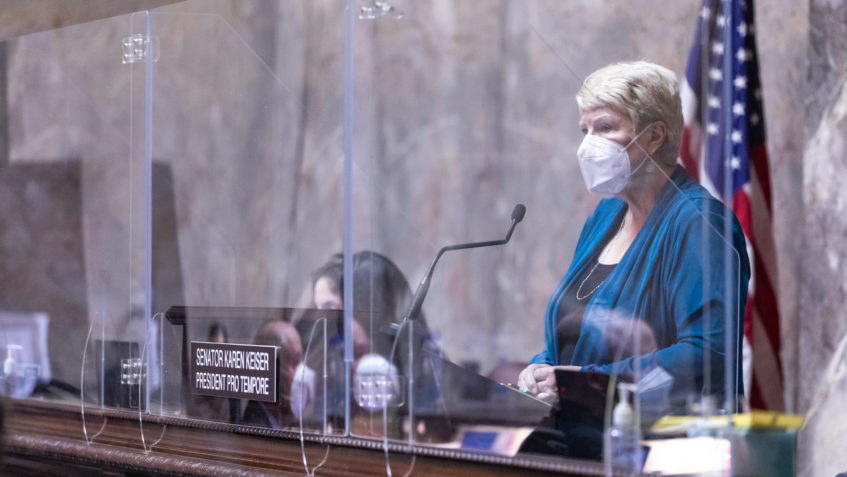OLYMPIA — Washington would take an important step to bring down skyrocketing prescription drug prices, under a bill passed today by the House.
“It’s no secret that prescription drug prices are out of control,” said Sen. Karen Keiser (D-Des Moines), the bill’s sponsor. “And the data shows that when drug prices go up, people’s health goes down. When people can’t afford their prescriptions, they cut back, or skip doses, or cut pills in two, and that leads to more suffering and even death.”
“The goal of this bill is to restrain egregious price increases for lifesaving drugs that have been on the market for years. We need to put downward pressure on the price of prescription drugs.”
SB 5532 would establish a prescription drug affordability board. The state board would identify and conduct affordability reviews of drugs that either are priced at excessive levels or that have sharply increased in price.
A recent study from RAND found that drug prices in the U.S. are two-and-a-half times higher than in 31 other Western nations, and that America’s spending on prescription drugs rose 76 percent between 2000 and 2017.
The board would primarily focus on drugs that have been on the market for at least seven years, specifically drugs that either cost more than $60,000 per year, or that increase in price by more than 15% in a year or more than 50% in a three-year period.
Starting in 2027, the board would be empowered to conduct affordability reviews of up to 24 drugs per year that are priced above those thresholds and to set payment limits for up to 12 per year.
As an example of sharp price increases, Keiser cited multiple sclerosis treatments. In the last five years alone, the prices of two common interferon treatments have increased by more than 50 percent. Betaseron has increased in price from $58,000 per year to more than $98,000 per year. Avonex has increased from $59,000 per year to more than $90,000. Both were first approved by the FDA in the 1990s.

Trends in annual price for disease-modifying therapies for multiple sclerosis by class. Hartung, “Health economics of disease-modifying therapy for multiple sclerosis in the United States”
Upon the governor’s signature of SB 5532, Washington would join Maryland, Colorado, Maine, New Hampshire, and Oregon in establishing a prescription drug affordability board.
The Washington Legislature passed similar legislation in 2020, SB 6088, but it was vetoed by the governor along with many other bills as a pandemic cost-saving measure.
Having been amended in the House, SB 5532 now returns to the Senate for consideration.




